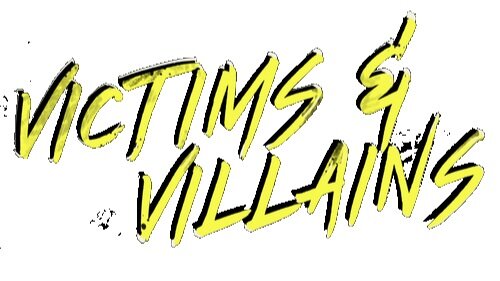Perfection, it’s a funny thing to discuss and a funny thing to chase. It seems like it’s uncomfortable to address shortcomings and failures within ourselves. I’ve often tried my best to try and figure out why there is such a stigma around mental health. Through conversations and interviews, I’ve come to find a common answer, we don’t want to be perceived as less than. We don’t want to admit that we have a problem. That’s understandable. Come on, we live in the age of Snapchat, Instagram and photography filters. We have to obtain perfection, or at least give off that image. We’re making progress though, starting to open up more and more.
I often wonder if M. Night Shyamalan thought about this when he gave us the 2017 thriller, Split. Split tells the story of Kevin Crumb, a man living with 23 personalities within himself and a 24th on the horizon, who kidnaps three young teenagers. The story balances three cohesive story lines that wonderfully marry by the film’s climatic ending. Telling the story of Crumb Casey Cooke, one of the kidnapped victims, and Crumb’s journey for recognition of his disorder.
Let’s first address the man of the hour, star James McAvoy. McAvoy plays the titular character of Crumb who explores upwards of eight different personalities within this film alone. McAvoy gives what some could argue is the performance of his career and manages to give each identity, their own unique personality and even body language. There is a scene within the film’s climax where Crumb goes through several personalities in a matter of minutes. It’s one of the defining scenes of the film and shows the depth that McAvoy brings to this role. I would even venture to say that if it wasn’t for McAvoy this film wouldn’t have the sustaining power it does.
One thing that Shyamalan does amazingly well with this film is the backstory of Casey Cooke. We’re given minor backstory within the film’s opening minutes but it’s really the exploration of Cooke’s character that serves as the emotional backbone for the story. Cooke, played by Anya Taylor-Joy, delivers in spades for this experience. Taylor-Joy is able to not even say a word and solely use her facial expressions to convey her performance in a mighty way. By the film’s end, you realize how little she speaks but realize her performance works because of how she reacts. Even when she is adapting, you understand the depth of her character.
As good as McAvoy and Taylor-Joy are within this film, it’s not without its’ dead weight. It’s established very early in the film that Cooke’s co-victims are merely friends out of what feels like pity. It’s also ashamed to report that’s how it feels like with their characters in the larger confines of this story. The characters of Claire Benoit, played by Haley Lu Richardson, and Marcia, played by Jessica Sula, feel two dimensional, clichéd and often a waste of screen time. Then there is the doctor. Brought to life by veteran actress, Betty Buckley, Dr. Karen Fletcher is a bit more developed than the girls but not by much. She has some of the most unneeded scenes in the film and doesn’t really serve a larger portion of the plot until almost half way through the film. Unlike her secondary co-stars though, Buckley does deliver an emotional performance that does give you something to think about long after the credits roll.
Overall, Split, is a film that barely misses the mark of perfection. Weaving together a narrative of captor and captive; along with back story of both. Split offers an intelligent take on the horror genre and serves as a commentary on the mental health stigma as well. McAvoy turns in a stellar performance, while he co-star Anya Taylor-Joy ultizies an emotionally charged performance. Split does contain some unwarranted baggage from some of its’ captives. Embracing the tropes of the genre rather than character development- Split could very well be the movie of Shyamalan’s career.
FINAL SCORE:
And more importantly, if you or someone you know is struggling with suicide, addiction, self-harm or depression - please free feel to reach out. Use any our resources, call the suicide lifeline (1-800-273-8255) or text 741-741.
Credits:Split is property of Universal Pictures. We do not own nor clam any rights.



